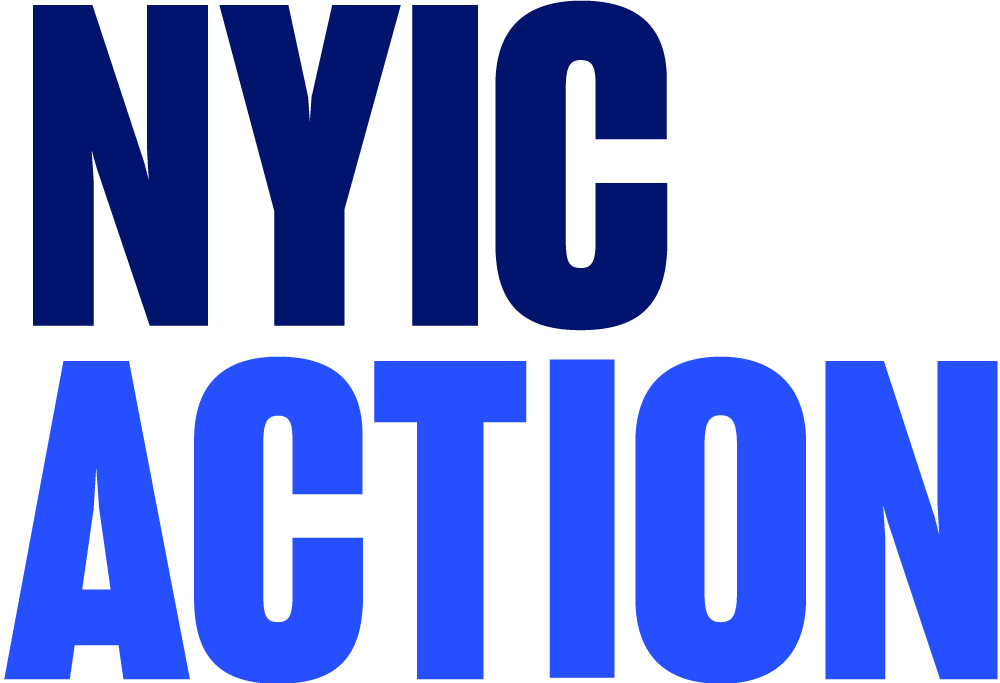New York, NY—An historic breaking number of New Yorkers showed up to vote in today’s election, delivering a decisive victory for Democratic nominee Zohran Mamdani. NYIC Action–the New York Immigration Coalition’s sister 501(c)4 organization–was proud to endorse Mamdani for Mayor of New York City as a champion for immigrants and the first immigrant mayor in decades.
This victory is significant as the Trump administration escalates their mass detention and deportation agenda and intensifies its attacks on immigrant communities–including increased ICE enforcement and immigrant New Yorkers being kidnapped by masked agents in plainclothes – ripped away from their communities, families, and homes.
Murad Awawdeh, President and CEO of NYIC Action, said:
“Tonight’s results prove that when candidates speak to the needs of everyday New Yorkers and reach out to immigrant communities, they win. New Yorkers rejected Trump’s mayoral candidate and sent a clear message that the Trump Administration’s war on working people and immigrants have no place in our city. As attacks on our communities escalate, we need local leaders who will fight for us and protect all New Yorkers from the mass deportation agenda. New York City showed up to the ballot box and said Zohran Mamdani is that leader. As mayor, he will deliver for all New Yorkers struggling with the affordability crisis and defend everyone who calls this city home, including immigrants. We congratulate Mamdani on this historic victory and look forward to working alongside him to build a city where every New York family can live in freedom.”



